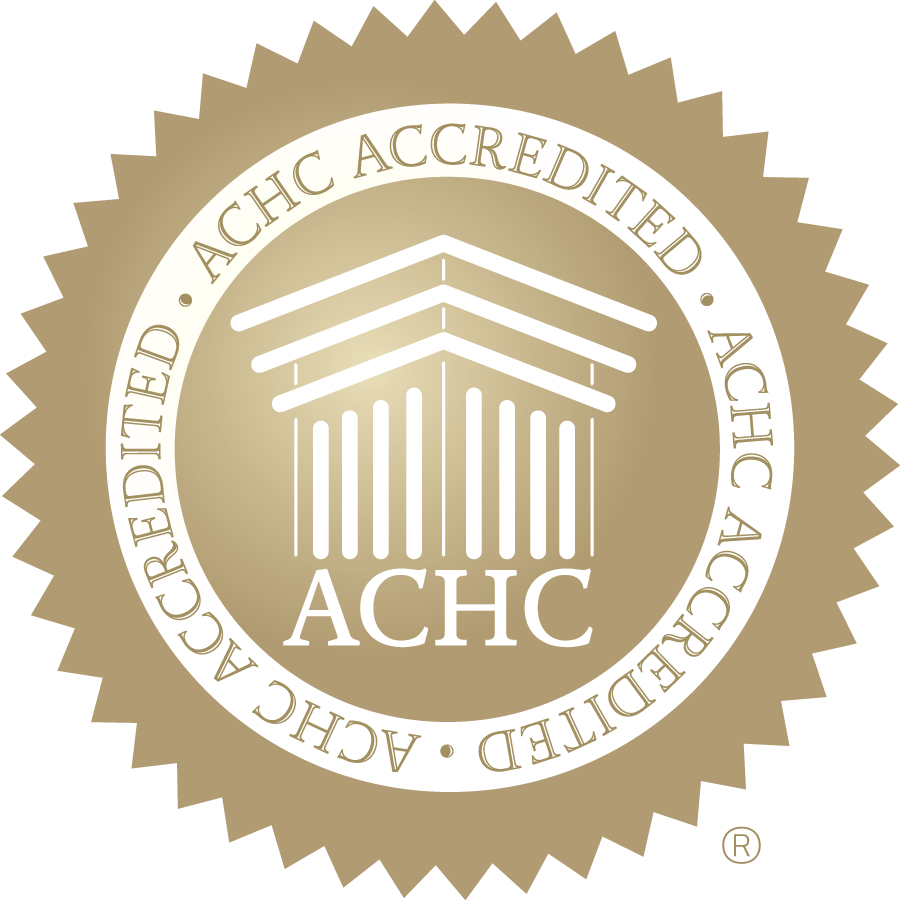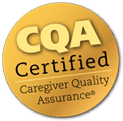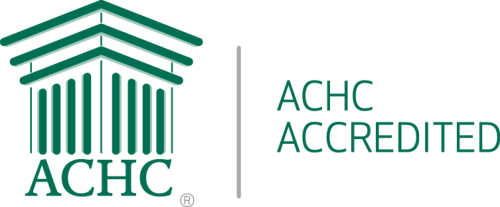
How Our Bodies Change as We Age:
Diet needs change as people age and it is even more necessary for seniors to have a well-balanced diet. There are many reasons our bodies change as we get older, and they all influence the performance of our body as a whole, which in turn influence our eating, nutritional intake and overall health.
- Perceptual changes: include changes in hearing, smell and taste senses.
- Hearing: diminished or loss of hearing affects our nutrition and food experience, through the difficulty and frustration form the inability to hold a conversation with our partners at a social function, for example.
- Smell: this can have a huge impact on the type of food we choose to eat, due to loss of satisfaction with our regular food choices.
- Taste: as taste buds decrease, so does our taste for salty and sweet food. This could make food tasting experience bitter or sour.
- Physiological changes: include changes in energy level and body functions.
- Energy: expenditure generally decreases with advancing age because of a decrease in basal metabolic rate and physical activity, thus decreasing calorie needs.
- Function: as we age, our bodies begin to experience a decrease in kidney function, redistribution of body composition and changes in our nervous system.
- Other aging-related changes: this includes dentition (makeup of a set of teeth – where loss of teeth can lead to avoidance of hard and sticky food) and gastrointestinal changes (such as delayed stomach emptying and chronic gastritis – which may lead to avoiding healthy food).
These factors alone may contribute to why 3.7 million seniors are malnourished and shed light on the importance of educating caregivers and aging seniors to the critical nutritional needs.
Malnutrition:
Seen in varying degrees in the elderly, along with varying vitamin deficiencies. Most physicians do see milder nutrition symptoms, such as loss of appetite, general malaise or lack of overall interest and wellness.
Common nutrient deficiency includes adequate intake of vitamins A/B/C/D/E, Folic Acid and Niacin.
Recommendation:
Preventive medicine, and focusing on good eating habits, is crucial before having to get into intervention mode. It is recommended to follow a preventative health maintenance nutritional program, such as the Dietary Guidelines for Americans, from the US Department of Agriculture (USDA), and Department of Health and Human Services (HHS), which describes two eating plans:
- The USDA Food Guide MyPlate Plan: this plan offers tips for building a healthy, balanced diet, including:
- Make half your plate fruits and vegetables
- Make at least half your grains whole grains
- Enjoy your food, but eat less
- Compare sodium in foods like soup, bread, and frozen meals – and choose the food with lower numbers.
- The DASH Diet: a lifelong approach to healthy eating that’s designed to help treat or prevent high blood pressure. DASH diet encourages you to reduce the sodium in your diet and eat a variety of food rich in nutrients that help lower blood pressure. These are the recommended daily serving for key nutrients:
- Grains: 7 to 8 ounces
- Meat and beans: 6 ounces or less of chicken, meat and fish plus 4 to 5 servings of nuts, seeds, and/or dried beans per week
- Milk: 2 to 3 cups
- Vegetables: 2 to 2.5 cups
- Fruit: 2 to 2.5 cups
- Oils: 2 teaspoons
In addition, there are specific things to incorporate into our loved one’s diet to boost their health. For example, seniors will need meals rich in these nutrients:
- Omega 3 fatty acids: proven to reduce inflammation, which can cause heart disease, cancer and arthritis. They can be found in flaxseeds, walnuts, canola oil, and different types of fish. Seniors should have foods rich in this nutrient twice per week. If impossible, please check with the doctor to see if an Omega 3 supplement would be beneficial.
- Calcium: need for it increases as people age, primarily to preserve bone health. One added benefit of calcium is that it helps to lower blood pressure. World Health Organization (WHO) recommends that adults over the age of 50 get a least 1,200mg/day of calcium, equal to about four cups of fortified orange juice, dairy milk, or fortified non-diary milks such as almond or soy. Leafy greens like kale and turnip greens are also great sources of absorbable calcium. If it is challenging to consume this much calcium per day by eating and drinking, please check with your loved one’s doctor to see if they should take a calcium supplements.

 Published March 3, 2017
Published March 3, 2017





